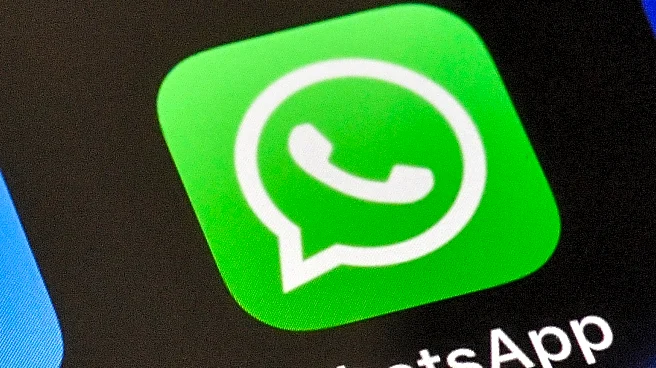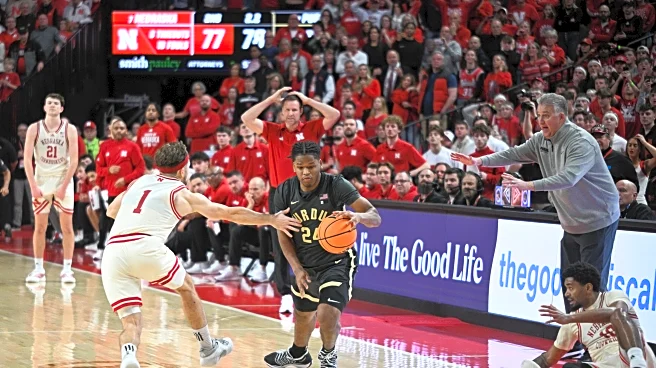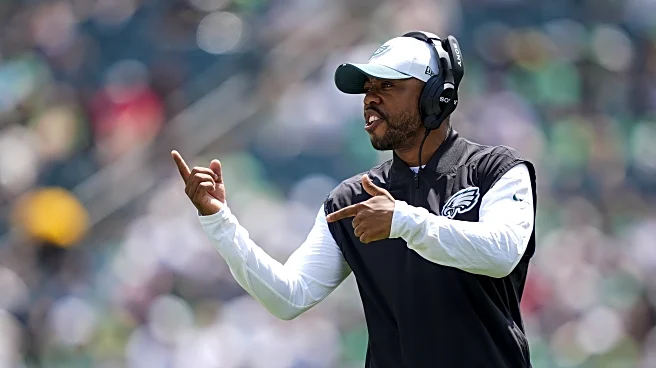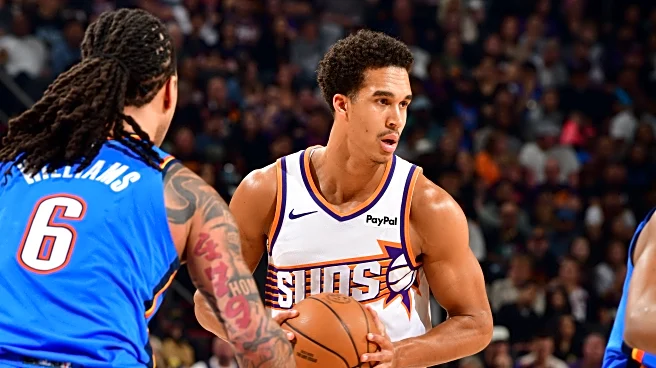What is the story about?
What's Happening?
A recent statement by Kirsten Dunst at a New York screening has reignited discussions about the value of reboots in the entertainment industry. During the event on September 10, 2025, Dunst, the original lead of a popular film, declined an invitation to participate in a reboot, coinciding with the film's 25th anniversary. This refusal has sparked a cultural debate between those who favor preserving the original work and those who see potential in modernizing it for new audiences. The remark quickly trended online, with fans and critics expressing mixed reactions. Some view the refusal as a necessary boundary to protect the legacy of the original film, while others see it as a missed opportunity for a fresh take.
Why It's Important?
The debate highlights the ongoing tension in Hollywood between nostalgia and the drive for new content. Studios often rely on reboots and sequels as a strategy to capitalize on established franchises, which can lead to significant revenue. However, this approach can also result in franchise fatigue among audiences. Dunst's stance may influence other actors and creators to assert control over their legacy works, potentially reshaping how studios approach reboots. The decision could impact the industry's sequel pipeline, encouraging more original content or reimagined stories that do not rely on original leads.
What's Next?
The refusal by Dunst may prompt studios to reconsider their strategies for reboots and sequels. As more creators publicly set boundaries regarding legacy material, Hollywood might shift towards developing new stories or spinoffs that do not require the involvement of original cast members. This could lead to a diversification of content and a focus on originality, potentially altering the landscape of film and television production.
















